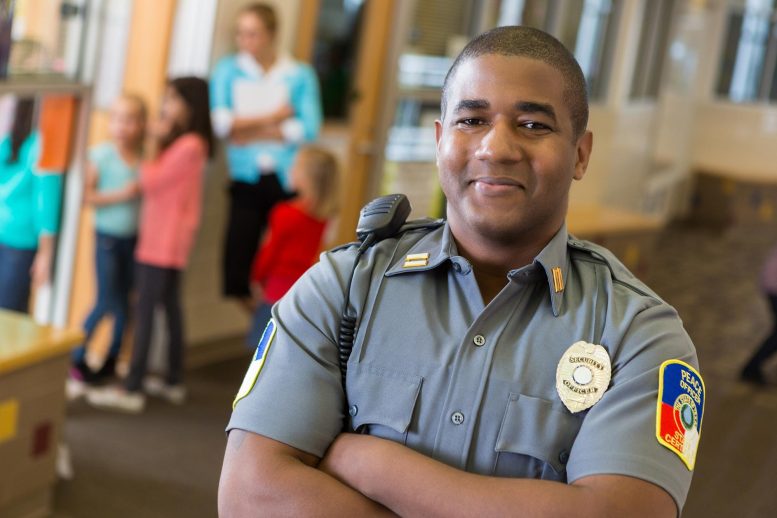
The researchers call their findings a “safety tax,” or a cost for increased security.
Recently, schools have been increasing security measures. However, could this increased security be impacting children’s test scores?
According to recent research from the Brown School at Washington University in St. Louis, increased surveillance is having a negative effect on academic performance as schools throughout the nation consider ramping up security measures in reaction to recent school shootings.
According to Jason Jabbari, research assistant professor and co-author of a recent study that was published in the Journal of Criminal Justice, more security lowers math test scores, lowers the percentage of kids entering college, and increases suspensions.
The authors discovered that in addition to being utilized to prevent school shootings, surveillance measures may have enhanced schools’ ability to recognize and discipline pupils for less severe and more frequent offenses, which may have a detrimental effect on the learning environment.
“Our research shows that greater detection of student offenses leads to more punishment regardless of the students who attend these schools,” Jabbari said. “Moreover, while increased surveillance has collateral consequences on academic achievement that extend to all students, because Black students are more likely to attend high-surveillance schools, the burdens of the safety tax fall most heavily on Black students, ultimately increasing racial inequities in education.”
The results, which Jabbari and his co-author Odis Johnson Jr. of Johns Hopkins University called a “safety tax,” refer to what it costs students to have more security and surveillance at school.
They discover that this price is disproportionately imposed on Black students of both genders due to their overrepresentation in high-surveillance schools. Black students are four times more likely to enroll in a school with extensive surveillance.
Jabbari and Johnson analyzed data from the Educational Longitudinal Study of the National Center for Education Statistics. Even after adjusting for school social disorder and student misconduct, kids in high-surveillance schools were more likely to be suspended in addition to experiencing academic consequences.
“In addition to suspending more students, the infrastructure of surveillance reduces test scores in mathematics and college enrollment altogether for suspended and non-suspended alike, suggesting the presence of negative spillover effects,” the authors wrote.
The best way to end violence in schools, Jabbari and Johnson suggest, is to support students’ mental health, socio-emotional attachment, and feelings of belonging to schools and to end re-traumatizing students through systemic racism in schools.
Reference: “Infrastructure of social control: A multi-level counterfactual analysis of surveillance and Black education” by Odis Johnson Jr. and Jason Jabbari, 20 September 2022, Journal of Criminal Justice.
DOI: 10.1016/j.jcrimjus.2022.101983



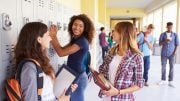
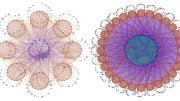
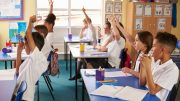

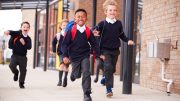

The results interpretation is all wrong. (Tight) school security is a strong indicator (predictor) that students grades (test scores) in that school will be low(er). This makes sense because crime is associated with poverty and poverty with low educational attainment. Basically, schools in the ghetto have more security than schools in nicer neighbourhoods.
Federal law, 10USC246, defines the United States militia as ALL able bodied male citizens at least 17 and under 45. Seventeen is high school juniors. If schools concentrated on preparing students to exercise their rights as citizens, and accept the duties of citizenship by the time they graduate from high school, rather than teaching them to feel like helpless, embittered proles, it would help our young people to see themselves as valued, trusted members of society. They would protect themselves and each other, and not need uniformed officers.
Correlation alone does not establish causation. I think that they have got it backwards. That is, there is greater need for security in schools with an abundance of low performers. It is not the presence of security outside the classroom that is responsible for what happens in the classroom. This smacks of the “Defund Police” mantra. When there is violence, there are victims. It is important to protect potential victims from potential perpetrators.
“… Black students are more likely to attend high-surveillance schools,” and “… re-traumatizing students through systemic racism in schools” are contradictory statements. Where is the “systemic racism” when the staff and students are mostly Black? I think the authors are just looking to make excuses for a cultural problem.
This is not science.